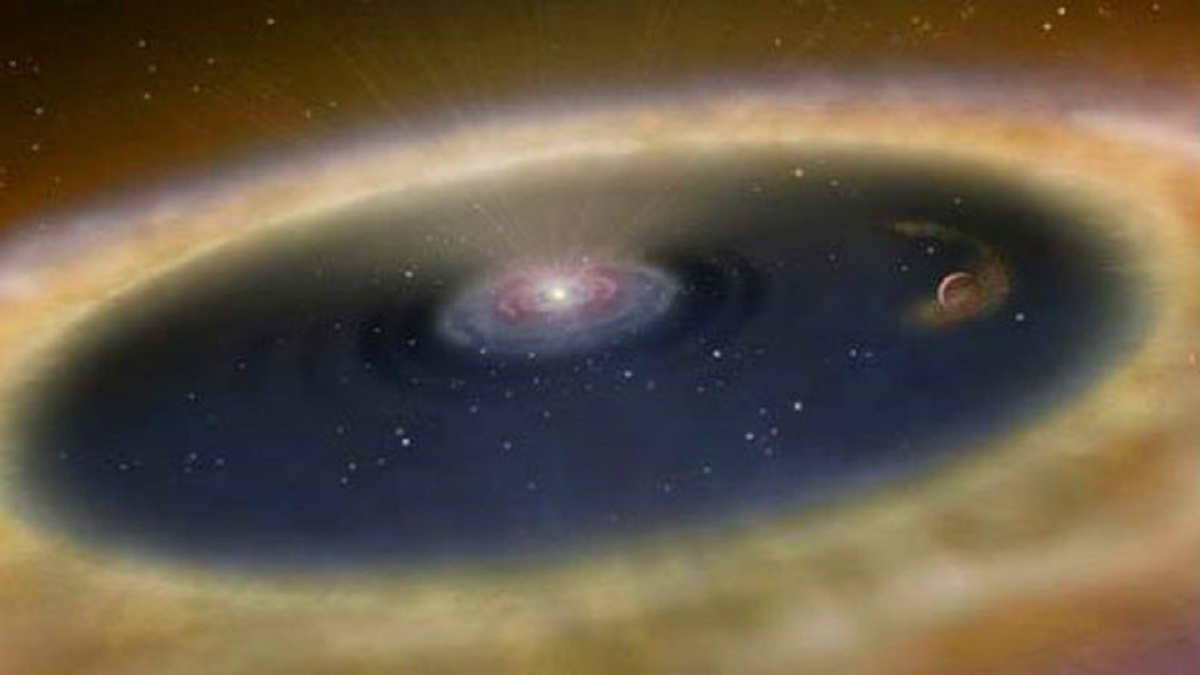Washington: Astronomers have discovered 139 new trans-Neptunian objects (TNOs) — minor planets located in the far reaches of the solar system.
The study, published in The Astrophysical Journal Supplement Series, also describes a new approach for finding similar types of objects, and could aid future searches for the hypothetical Planet Nine and other undiscovered planets.
“The number of TNOs you can find depends on how much of the sky you look at and what’s the faintest thing you can find,” said Gary Bernstein, a professor at the University of Pennsylvania in the US.
Using the first four years of data from Dark Energy Survey (DES), graduate student Pedro Bernardinelli started with a dataset of seven billion “dots,” all of the possible objects detected by the software that were above the image’s background levels.
He then removed any objects that were present on multiple nights — things like stars, galaxies, and supernova — to build a “transient” list of 22 million objects before commencing a massive game of “connect the dots.”
The researchers looked for nearby pairs or triplets of detected objects to help determine where the object would appear on subsequent nights.
With the 7 billion dots whittled down to a list of around 400 candidates that were seen over at least six nights of observation, the researchers then had to verify their results.
To filter their list of candidates down to actual TNOs, the researchers went back to the original dataset to see if they could find more images of the object in question.
Bernardinelli developed a way to stack multiple images to create a sharper view, which helped confirm whether a detected object was a real TNO.
The researchers also verified that their method was able to spot known TNOs in the areas of the sky being studied and that they were able to spot fake objects that were injected into the analysis.
After many months of method-development and analysis, the researchers found 316 TNOs, including 245 discoveries made by DES and 139 new objects that were not previously published.
With only 3,000 objects currently known, this DES catalogue represents 10 per cent of all known TNOs.
Pluto, the best-known TNO, is 40 times farther away from the Sun than Earth is, and the TNOs found using the DES data range from 30 to 90 times Earth’s distance from the Sun.
Some of these objects are on extremely long-distance orbits that will carry them far beyond Pluto.
The researchers are rerunning their analysis on the entire DES dataset with a lower threshold for object detection at the first filtering stage.
This means that there’s an even greater potential for finding new TNOs, possibly as many as 500, based on the researchers’ estimates, in the near future, they said.
The method developed by Bernardinelli can also be used to search for TNOs in upcoming astronomy surveys, including the new Vera C Rubin Observatory, the researchers said.
This observatory will survey the entire southern sky and will be able to detect even fainter and more distant objects than DES.
This catalogue of TNOs will also be a useful scientific tool for research about the solar system, according to the researchers. (agencies)
Trending Now
E-Paper


